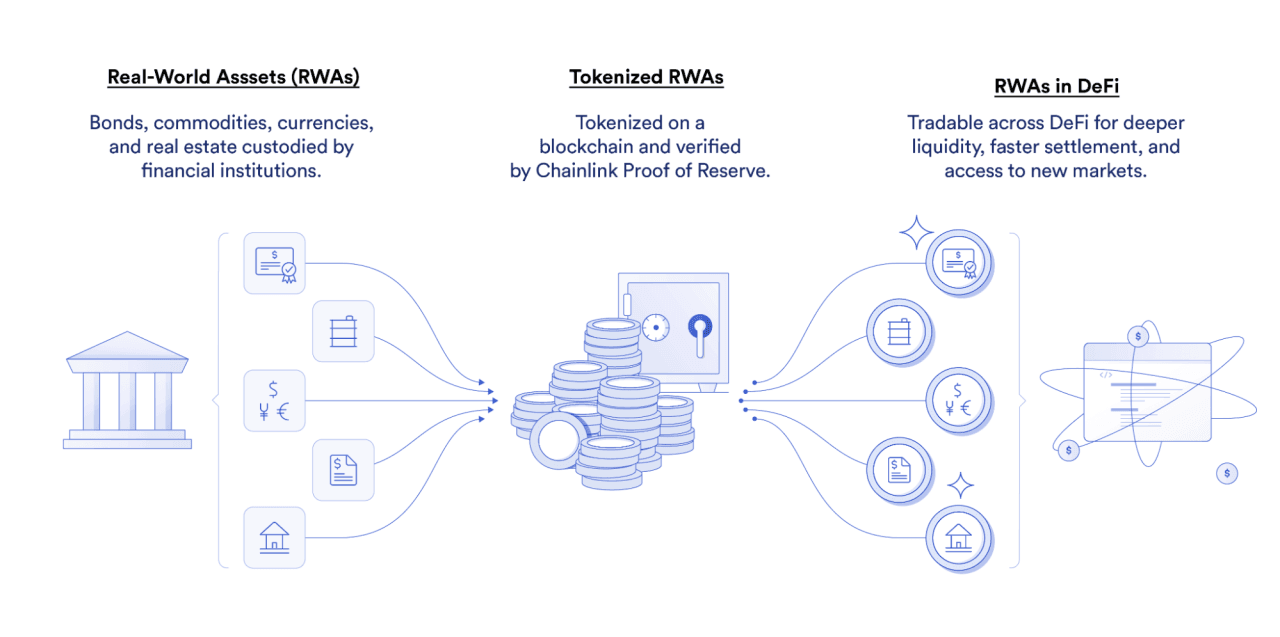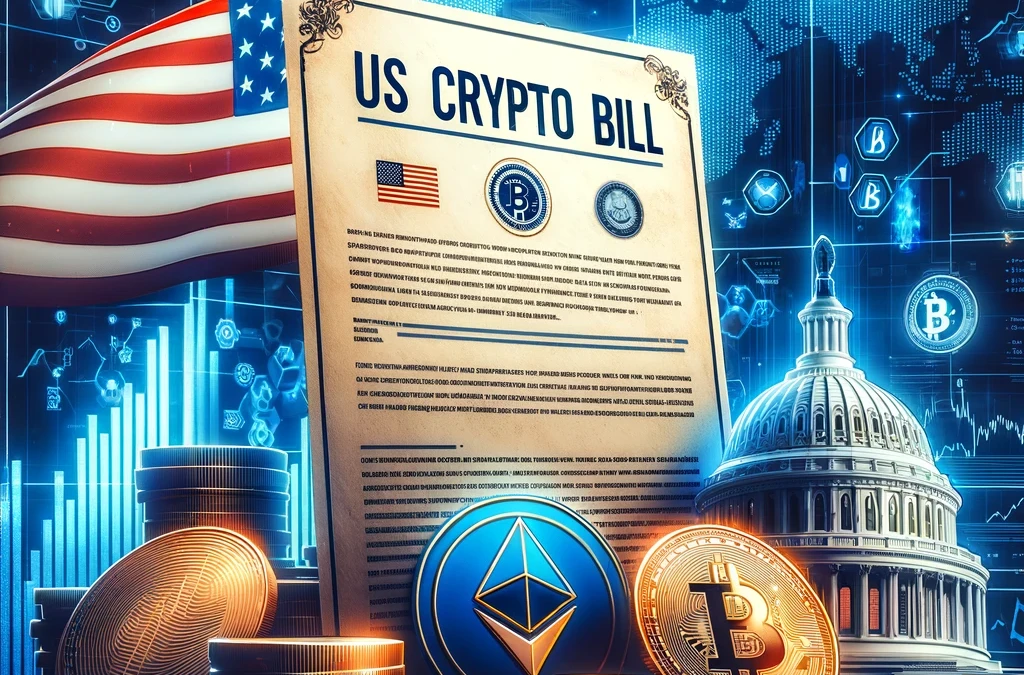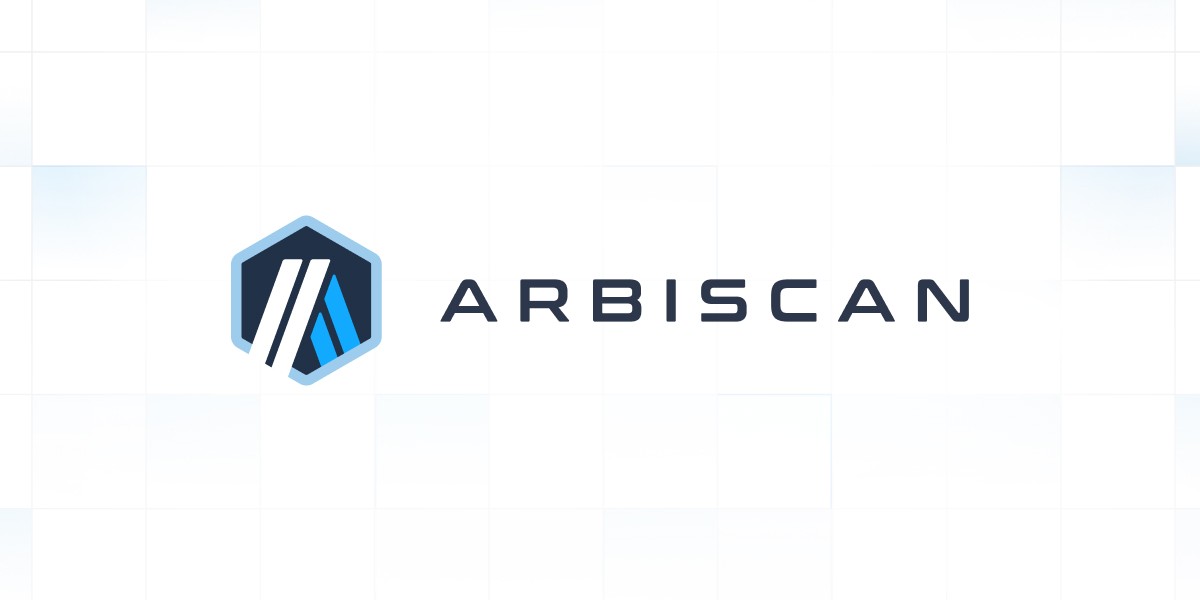
Yiying Hu
May 28, 2024
Whether you're buying, selling, or simply transferring cryptocurrencies, you will encounter gas fees, which this guide will walk you through
What are Network Fees
Network fees are small amounts paid by users to compensate for the computing energy required to process and validate transactions on the blockchain network. These fees ensure that transactions are added to the blockchain securely and promptly.
Gas fees are network fees of Ethereum and all EVM-compatible blockchains.
Why Are Gas Fees Necessary
Network Security: Fees deter malicious activities by making it expensive to conduct attacks such as spamming the network with excessive transactions.
Transaction Processing: Miners or validators (depending on the blockchain) are incentivized to process transactions and maintain the network's operation. The fees act as a reward for their efforts.
Resource Allocation: High fees can prioritize your transaction over others, ensuring faster processing during periods of high demand.
How Are Gas Fees Determined
The determination of blockchain transaction fees can vary between different cryptocurrencies but generally involves these factors:
Network Congestion: Similar to traffic on a road, more transactions mean more congestion. Higher fees can help your transaction get processed faster during these peak times.
Transaction Complexity: Simple transactions typically cost less than more complex ones. For instance, a transaction involving multiple inputs and outputs may require more processing power and thus incur a higher fee.
Blockchain Capacity: Each block has a limited space for transactions. Miners will prioritize transactions with higher fees, especially when block space is at a premium.
How to Check Current Gas Fees
Go to gas tracker
Find the kind (low/average/high) of transaction you’re making under additional info and check the current rate

Arbitrum: A Cost-Effective Blockchain
Among various blockchain platforms, Arbitrum stands out for its cost-effectiveness, which is why Jarsy opt to use it. Arbitrum's lower transaction fees allows users to execute more transactions. Typically Arbitrum fee is less than $0.01 which is significantly lower than Layer 1 Network such as Ethereum. So you don't need t worry about saving gas fees via timing your transaction, nor adjusting fee setting.
Conclusion
Gas fees are an inevitable part of using blockchain technology. With platforms like Arbitrum offering lower fees, users can leverage blockchain more economically. That's why Jarsy chooses Arbitrum Network as the first network to host Jarsy transactions and tokens.
Recommended articles




